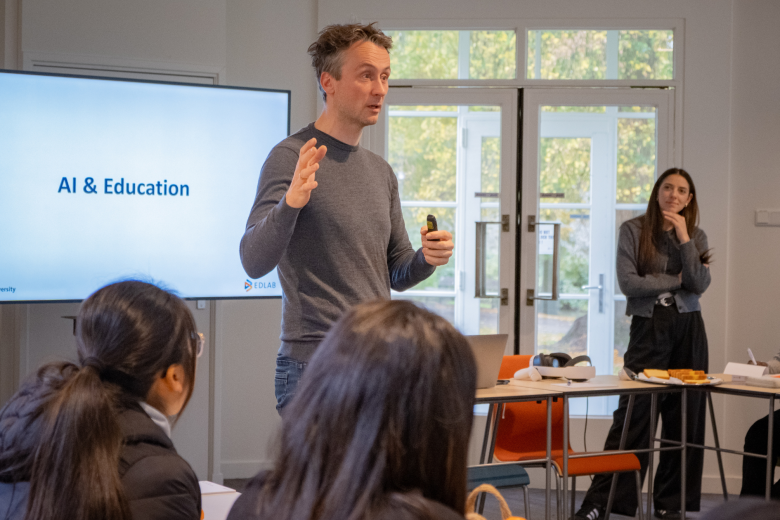Learning to Move: Wellbeing at University
University of Southampton’s human performance design lab in electronics and computer science has defined a model to understand well-being in the body. It developed the inbodied5, or five core processes that interact with each other: movement, eating, social engagement, cognitive engagement, and sleep.
Universities have been placing greater emphasis on well-being in recent years, both for their students and employees. However, work pressure remains significant, working hours are long, and work often takes precedence over all else. So, how can you break this negative behaviour and transform it into something that benefits both well-being and the workplace? This question served as the driving force for new research conducted at the University of Southampton's Human Performance Design Lab in Electronics and Computer Science.
Their solution is a new model known as "inbodied5," which combines elements of movement, nutrition, social engagement, cognitive engagement, and sleep. Starting with movement is a simple step, as the Education That Moves You project at EDLAB has already embraced this concept. Other universities are introducing similar initiatives, such as the "goFIT challenge," which encourages individuals to work towards a specific movement point target within a team, fostering a social experience that promotes physical activity.
As Southampton’s professor MC Schraefel wrote:
"The goal isn’t to get folks to run marathons. It’s to raise awareness about how important movement is to our individual and group wellbeing and to create a space of support. Let’s hear institutions say “we value this for our staff and our students”. Sedentarism doesn’t half make you feel stupid."
Go to EDLAB's Education That Moves You project page.
Also read
-
UWC Maastricht students get a taste of education innovation at EDLAB
On 21 October 2025, EDLAB hosted students from United World College Maastricht for the second year in a row, as part of their Youth Social Entrepreneurship programme.

-
Supporting PBL development at Anton de Kom University, Paramaribo, Suriname
Anton de Kom University in Suriname invited EDLAB to support its move towards Problem-Based Learning (PBL) within the Faculty of Social Sciences. To meet this request, Annechien Deelman from EDLAB delivered a week-long programme in early October 2025.

-
Warming up the classroom: music, mindfulness, and reflection in PBL
Athletes must warm up and concentrate before any performance. Why, then, do we expect our students to instantly become active when they enter a Problem-Based Learning (PBL) session?
